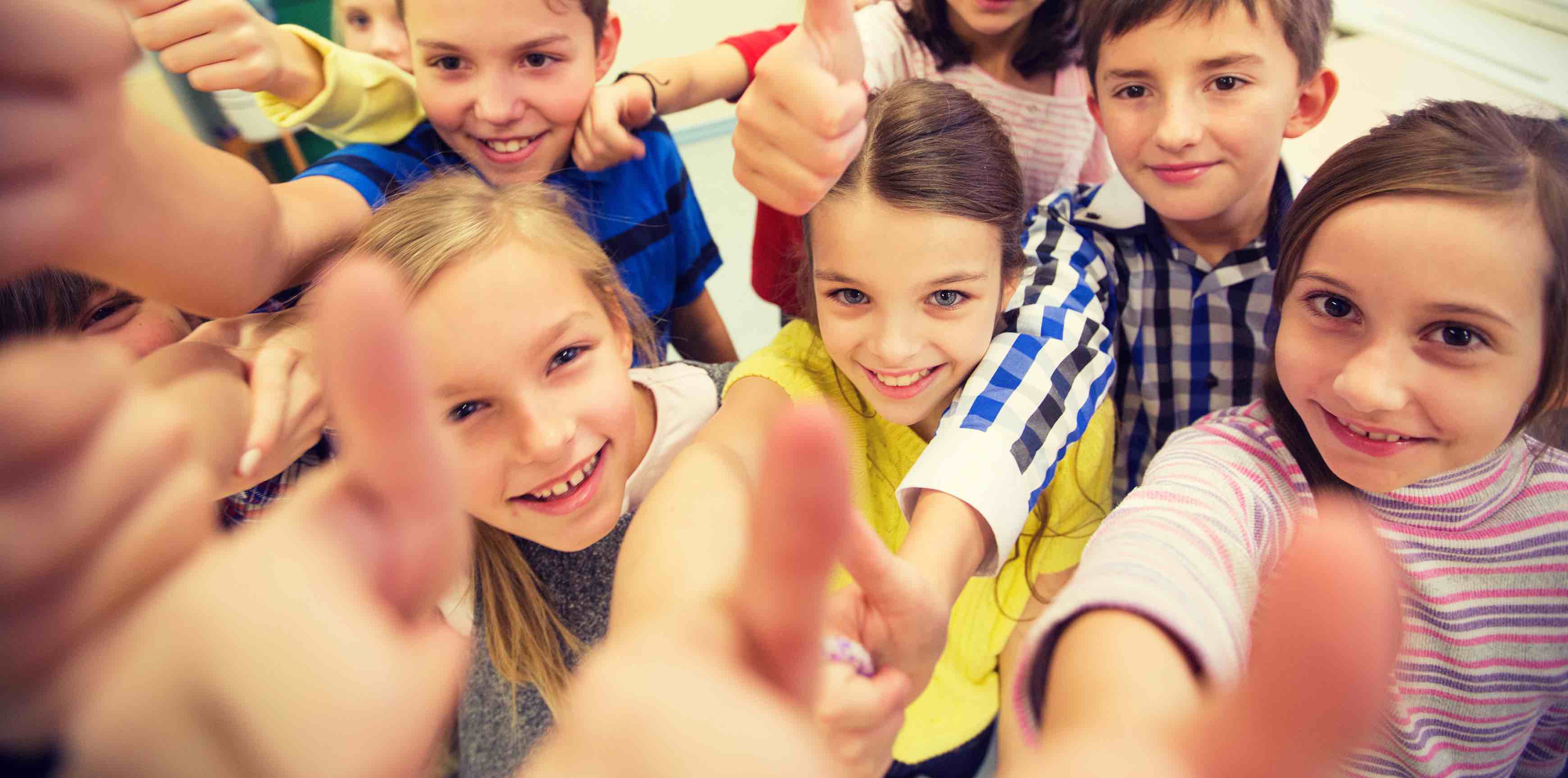Mental health matters

Mental health. Two little words finally gaining big attention for all the right reasons. Encouragingly, positive conversations within and outside various social, government and political channels have led us here, and there’s no place we’d rather be.
The word ‘matters’ is another popular concept at present. Its collocational usage with the terms ‘mental health’, ‘life’, ‘people’, ‘relationships’, ‘mind’ and ‘kids’ could not be more relevant nor valid, particularly within the realms of education.
At the public primary school where I work, kids most definitely matter.
We have always had an exemplary learning support team led by our principal, and learning support teacher. Being a formally recognised KidsMatter school has allowed us to both acknowledge what we were always doing well, yet it enables new depth and critical evaluation.
We were one of the earliest schools to follow the initial pilot program. Back then, I was researching online for a leadership project centred on student resilience. In the midst of locating a specific resilience program, I stumbled across the KidsMatter pilot program evaluation instead.
“KidsMatter is not a program”; these words have become the mantra of KM trainers and advocates alike.
It has more attributes and facets than first perceived or imagined. While programs are limited in their specialised scope and depth, I see KidsMatter as limitless in possibility and direction.
In essence, it is a framework for all things pertaining to mental and emotional health and wellbeing. Sure, KidsMatter most definitely provides access to specialised resources, however, it recognises that needs change in nature and purpose over time. It also recognises that dynamics and structures should move and breathe along with the students.
For a while, limited funding impeded our enthusiasm. With support from my principal and deputy, we promoted the initiative among regional schools and principals to gain training. We succeeded.
Soon enough, The Federal Government dramatically increased funding in response to the momentous success of the pilot program. Successes included raising awareness, earlier detection, and the ultimate prevention of students at risk, as well as significantly raised NAPLAN results.
A serendipitous discovery revealed that October’s mental health month theme and our school motto are actually one and the same: ‘Learn and Grow’.
Though it is difficult to list every successful outcome thus far, there are some examples of learning and growing that are just too good not to immediately share.
For example, one teacher leads our ‘KidsHope’ mentoring program. My fellow coordinator has brought the importance of ‘belonging’ to the forefront of discussion and action.
A highly visible KidsMatter board showcases teachers and students’ collaborative thematic efforts. Most teachers are also embedding mental health content within literature units.
A small team has done a sensational job of providing weekly tips and correspondence via KidsMatter. Another teacher has lifted resilience through the ‘You Can Do It’ resilience program, and a former teacher established our ‘Community Courtesies’.
‘SmilingMind’ for mindfulness, ‘Class Dojo’ for maximum student participation; emotional regulation through Kimochi puppets; library activities, and art clubs are a few other demonstrable examples of conscious and goal-based implementation.
Life hinges on unavoidable transitions. A ‘mentally healthy school’ both acknowledges and caters for the fluidity and complexities of children’s lives.
Needs change; people change. That’s why a strong mental health focus in the care of school aged children is a vital foundation for the transition into adulthood. Good mental and emotional health strengthens one’s prospects and character, underpinning academic success.
KidsMatter’s online resources guarantee private access for families and staff. Everyone can take on and digest as little or as much information as manageable, providing solace and reassurance.
Teaching mastery of resilience, and the skills required to regulate emotions, bridges the divide between school and home. The two unite through a commonality of language, mindset, and values, diminishing the gap created by miscommunication and misunderstanding.
The unity is not just intra-institutional. As KidsMatter schools unite under their namesake, collaborative practices and support structures occur country wide.
Schools share new triumphs over challenges, and apply a new and common language and an explicable purpose to achievements that were previously achieved organically.
For our school, it has provided purposeful strategic direction and an open platform for revisable goals and focuses. Together, we can transform disengagement into connectedness, ignorance into wisdom, and judgement and stigma into acceptance and compassion.
We all function more harmoniously and industriously when our minds feel better. Mental Health.
Two little words: one massive impact.
 KidsMatter was developed by mental health professionals and education and childcare staff, in response to the high rates of school-age children with mental health difficulties and the problems they face getting help. It is a partnership between education and health sectors and is funded by the Australian Government and Beyondblue.
KidsMatter was developed by mental health professionals and education and childcare staff, in response to the high rates of school-age children with mental health difficulties and the problems they face getting help. It is a partnership between education and health sectors and is funded by the Australian Government and Beyondblue.
The KidsMatter Primary training is delivered by Principals Australia Institute, who support schools with the implementation process. The Principals Australia Institute programs staff consist of educators, social workers and psychologists’.







